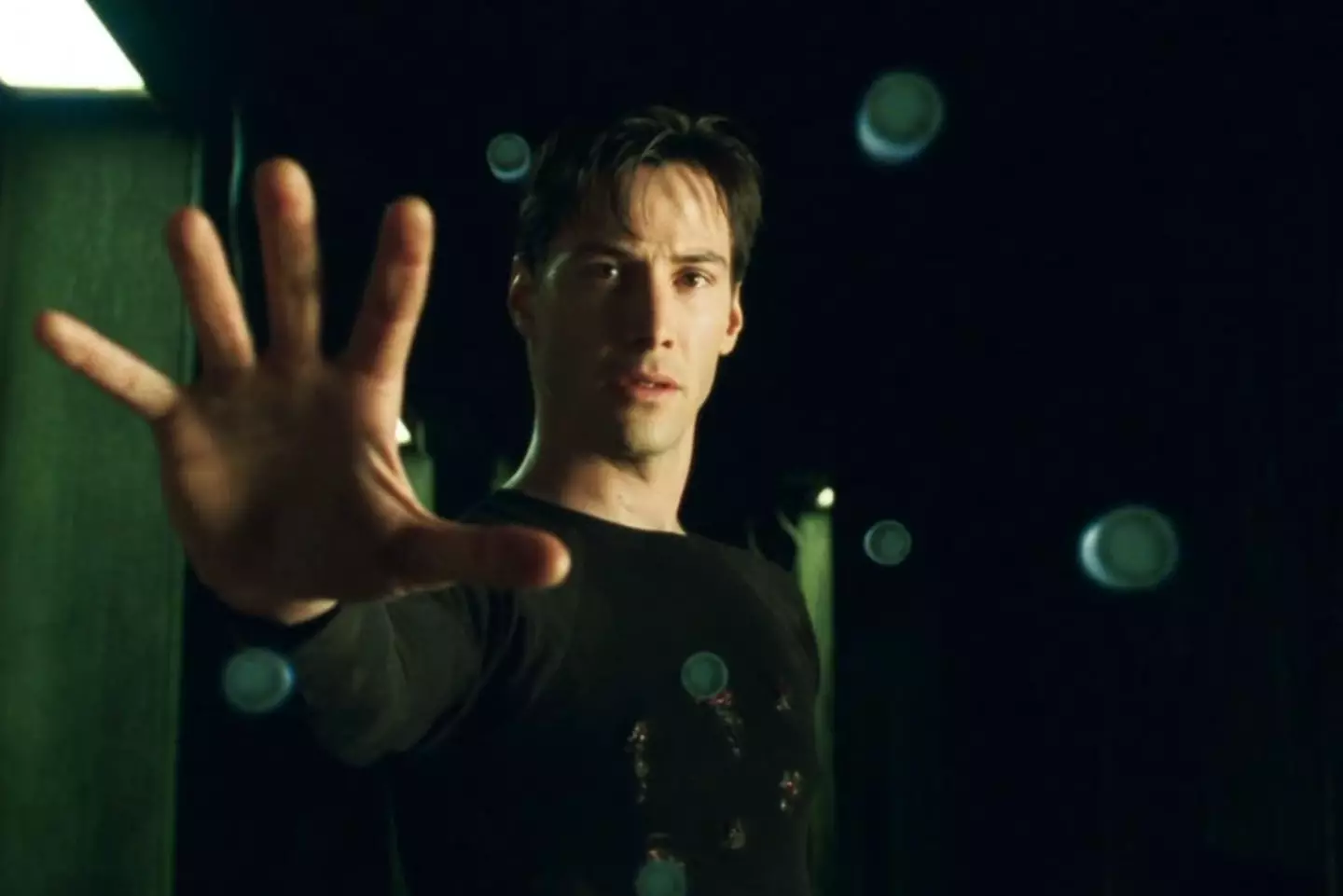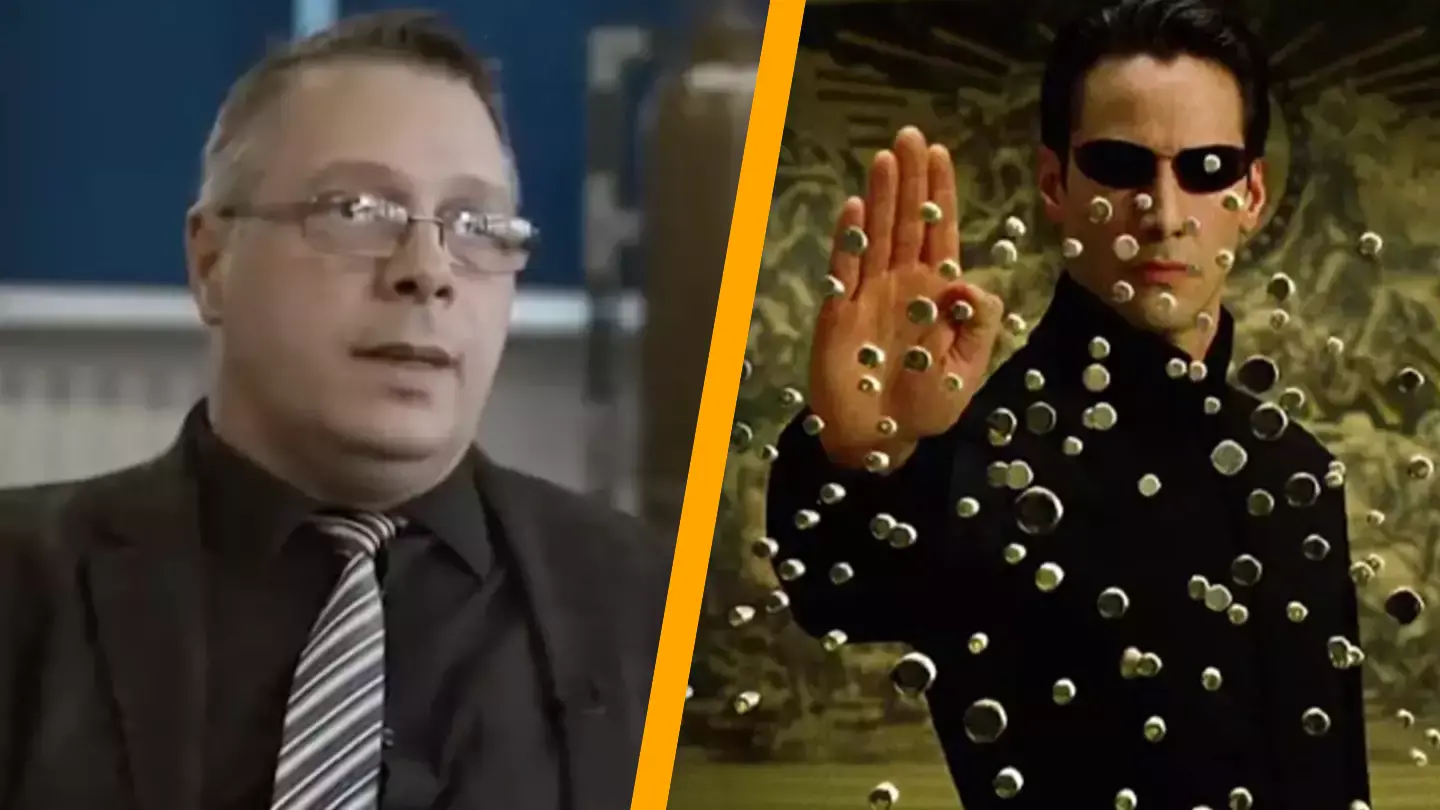A physics professor claims to possess evidence supporting the theory that we are living in a simulation.
You’ve likely watched The Matrix (at least the first one), right? Well, if physicist Melvin Vopson from the University of Portsmouth, UK, is correct in his hypothesis, the fictional film might be closer to reality than we initially assumed.
Vopson suggests that the universe is organized in streams of information, with patterns and symmetry akin to what you might find in computer programming – a truly mind-bending concept.
Recognizing the idea’s ‘bizarre’ nature, Vopson told Mail Online: “My studies point to a bizarre and interesting possibility that we don’t live in an objective reality and that the entire universe might be just a super advanced virtual reality simulation.”
“To put it simply, everything appears to evolve to an equilibrium state where the information content is minimal.”
“Such behavior is fully reminiscent of the rules deployed in programming languages and computer coding,” he continued.
He further explained: “Simulating a super complex universe like ours would require a built-in data optimization and compression mechanism in order to reduce the computational power and the data storage requirements to run the simulation.”

The professor then asserted that this ‘data optimization’ is evident all around us, in various scientific systems such as biology, atoms, and mathematics.
However, he clarified that this is not ‘definite proof’ but rather a notion that supports the simulated universe theory.
Vopson acknowledged that the theory has ‘attracted a fair share of skepticism’ and part of his hypothesis proposes an alternative explanation for the elusive fifth state of matter.
The widely accepted view is that it is the Bose-Einstein condensate, where extremely cold atoms cluster together and act as a single entity.

Professor Vopson, however, has ventured down a different path, suggesting that information itself might possess a form of mass or influence on the universe.
He even speculates that it could be the mysterious ‘dark matter’ that constitutes nearly a third of the universe, yet remains poorly understood.
Vopson has previously indicated that we might face an ‘information catastrophe’, where the maximum amount of digital information is created alongside the maximum power needed to sustain it.
In 2022, he discovered a new ‘law of physics’ capable of predicting genetic mutations in organisms, such as viruses, to assess potential outcomes.
This is grounded in the second law of thermodynamics, which states that the measure of disorder in an isolated system can only remain constant or increase.
A truly intriguing concept.

